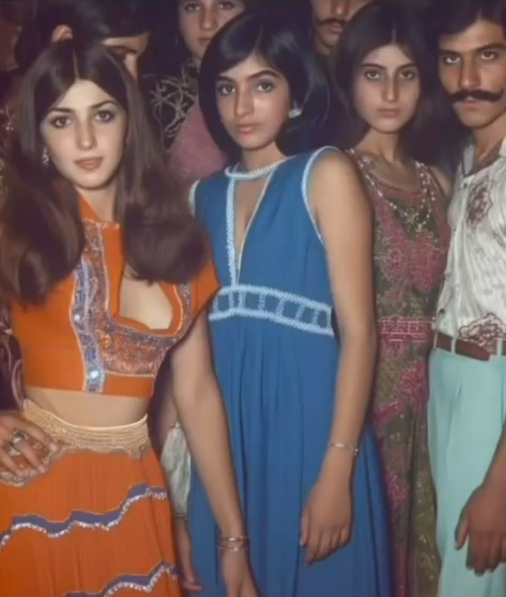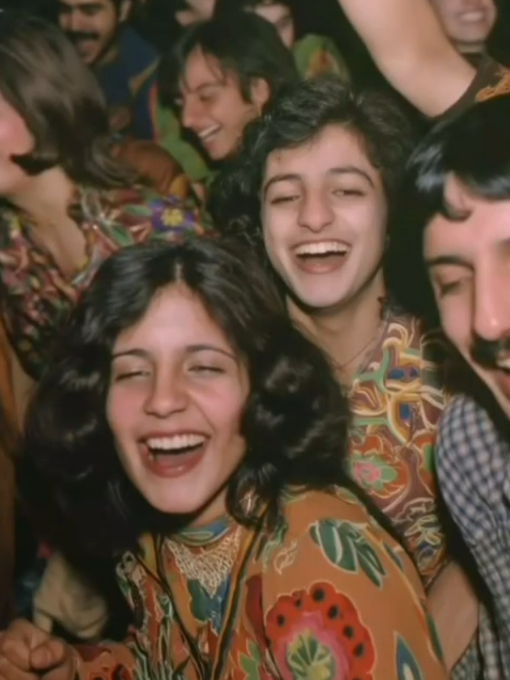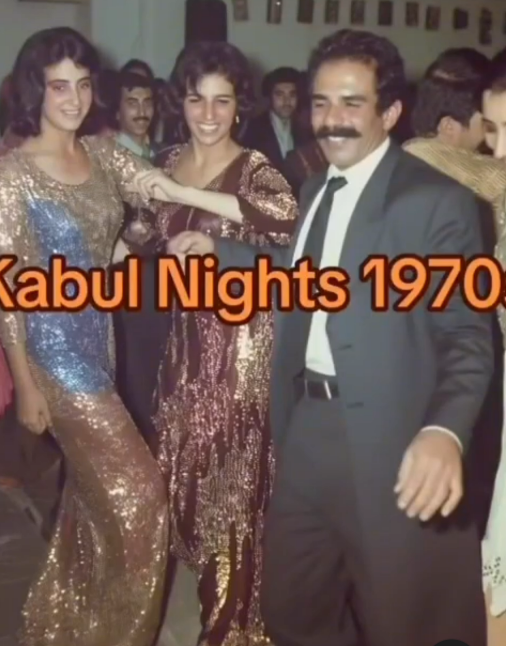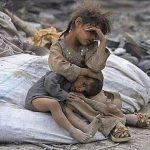Afghanistan in the 1970s: Remembering the ‘Paris of Asia’ and the Shifting Face of a Nation
In the 1970s, Afghanistan was often described as a vibrant crossroad of culture and progress. Kabul, in particular, was celebrated as the “Paris of Asia,” a city where modern ideas blended with tradition. Streets were filled with life, and a growing sense of openness touched education, work, and daily living.

During this period, many women studied at universities, worked in offices, and moved through public life with opportunities that reflected a society embracing change. Families strolled through bustling markets, students filled lecture halls, and music and art flourished, adding to the capital’s reputation as a hub of possibility.

More than five decades later, the landscape has shifted dramatically. Daily life, social values, and leadership have guided the nation down very different paths, shaping not only the way people live but also how the world perceives Afghanistan today.

Looking back is not about placing judgment—it is about reflection. History invites us to ask:
👉 How does the identity of a nation transform when culture, governance, and values take new directions?
👉 And what lessons can be drawn from a time when the country’s spirit carried such a different face?

Afghanistan’s past remains a window into both memory and possibility—a reminder that societies are never static, but constantly evolving.








